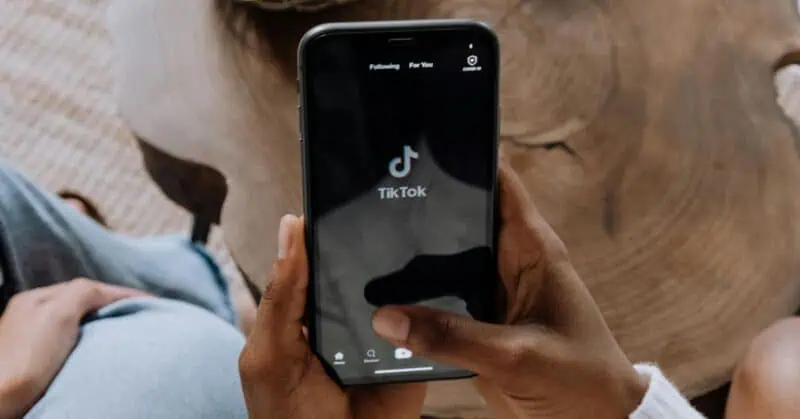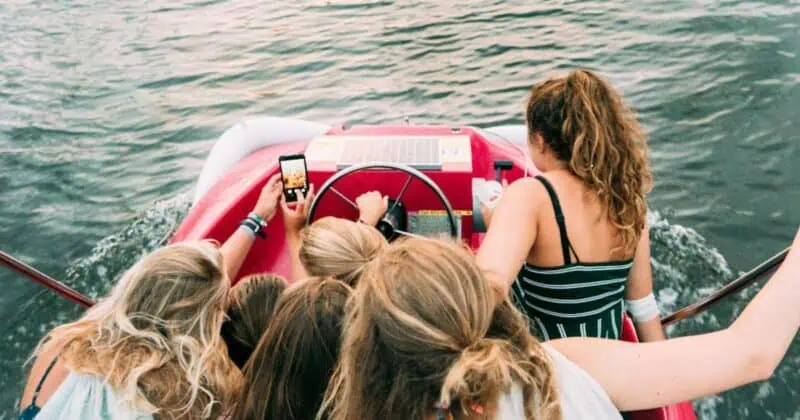The Phocuswright conference is one of the biggest annual events for online travel. A few of us from the Arival team were on-site to represent in-destination experiences. What stood out was how much airtime the word “experiences” got at this conference: everyone was talking about how to get in on the growing experiences sector.
“I think this experiences focus for travel is a real trend, a durable trend,” said Tripadvisor CEO Matt Goldberg, “experiences is the heart of it.” According to Goldberg, two thirds of travelers say they value experiences more than ever before, three quarters will prioritize travel “no matter what happens,” and 95% say they “will value the travel experience before any other.”
Of course, this isn’t news to us at Arival: we’ve been tracking the rising popularity of experiences for years. Arival’s 2023 Experiences Traveler report — produced in partnership with Phocuswright — found younger travelers are increasingly prioritizing experiences over things, and booking experiences alongside or even in advance of other parts of travel, like flights and accommodations.

As the wider travel industry takes greater notice of experiences, this presents an opportunity for tour and activity operators, attractions and experience providers in the in-destination experiences sector…
Experiences May Be Misunderstood — But Everyone Wants In
While “experiences” worked its way into almost as many conversations as AI, few outside our sector really seemed to understand it. Hoteliers, for example, seemed to want to co-opt the term for themselves: talking about how “a hotel is an experience,” and similar sentiments. There was an entire main stage panel session that included two hoteliers and one bank that runs a huge travel operation through its credit card business. Their discussion focused on “The Experience Economy,” and how to get in on the action, as consumers continue to seek out unique travel experiences.
However, despite the ubiquity of the term “experiences” throughout the conference, in-destination experiences themselves are really still on the fringe of the overall industry crowd. The “long tail of travel” — all the small-scale tours, activities and experiences — may be complicated and may have a long way to go to catch up with the other sectors in terms of technology, connectivity, brand recognition and bottom line profitability. But you know what? Everyone wants a piece of it: It’s the Best Part of Travel for a reason. It’s why people travel in the first place. The real bottom line is… we have the most fun.
The takeaway for experience operators should be that the wider travel industry wants a piece of experiences… so how can you position yourself to use that to your advantage?
27-29 April 2026
Insider Pro Access Members Save 20%
THE event of the year for the European in-destination experiences industry
Get Your Super Early Bird Ticket Today!|
Arival at Phocuswright: Top Themes for In-Destination Experiences
If you’ve been around Arival for awhile, most of this will seem a bit like the “Coles Notes” version of an Arival event — and it was: amid a 4-day travel industry conference, there was one 45-minute roundtable focused on the tours, activities and attractions sector, and one main stage session focused on investment, growth and connectivity in the in-destination experiences sector.
Unsurprisingly, amid the wider context of an industry trying to figure out how to get a piece of experiences, improving online bookability, tech connectivity and building B2B connections were common themes throughout the experiences-focused content.
A common lament among companies that want to work with experience operators is the lack of online bookability and connectivity. During the Tours & Activities Roundtable, hosted by Arival Co-Founder and CCO Bruce Rosard, an attendee from Flighthub shared they tried to offer experiences to their customers along the booking journey, however they found that B2B integrations were limited and lacked the level of bookability that they were expecting.

Part of the reason for this difficulty is the challenge of getting operators online and connected. As Arival found in our 2023 Technology & Connectivity report, more than half of tour operators, three in 10 activity operators and one in four attractions do not have an online booking system.
“Lack of use of technology in the industry is one of the things that is preventing it from moving faster,” said roundtable panelist Sarah Dines, CCO of online travel agency (OTA) Viator.
Beyond getting an online booking system and setting an online distribution strategy, another important consideration for operators is the booking availability window. As travelers prioritize experiences, they are also more likely to book certain experiences farther out, as Arival research has found.

“Over time we’ve seen the importance of booking the museum, attraction, tour becoming more important,” observed panelist Luuc Elzinga, Founder and President of Tiqets. Why? “The answer is because this is the best part of travel, this is the place I want to reserve my spot.” Flights and hotels can be arranged later, but if an attraction or event runs out of tickets, they’re gone.
“High demand inventory goes first, particularly for the top attractions,” agreed Stephen Oddo, Co-Founder of Walks.
Dines shared Viator is seeing a bit of both: travelers will make sure they have booked the main attraction or experience they’re going for, then want flexibility with the rest of their time so they’ll book those extra things closer in.
The key, for operators, is to “make your tours available farther in advance,” Dines advised.
In the main stage session hosted by Arival Co-Founder and CEO Douglas Quinby, President of Viator Ben Drew and Co-Founder and CEO of GetYourGuide Johannes Reck also discussed the challenge of getting operators online and connected.

Of course, both Reck and Drew were quick to extol the virtues of their respective OTAs, including their profitability, how they’re trying to make it seamless for operators to load products onto their systems, and how they’re using AI to improve this process as well as make it easier for customers to find “the right product at the right time.”
(We expect operators may have a thing or two to say about this — are you using “Viator Accelerate 2.0” and/or “Originals by GetYourGuide”? Please reach out if you’d like to help us inform other operators by sharing your experience and telling us what you really think).
The Why of Arival: Putting Experience Operators at the Center
My biggest takeaway personally from my first Phocuswright was simply a real first-hand understanding of why Arival was created in the first place. After spending years working for tour companies and just over a year working with Arival, laser-focused on the in-destination experiences sector, I went into Phocuswright with the mission to cover anything and everything that’s relevant to tour, activity and attraction operators… and honestly, outside of the content provided by Arival, there wasn’t a lot.
So I hope you’ll join us at the next Arival in Berlin, for the next in-destination experiences industry event, where we’ll be laser-focused on tours, activities, attractions and experiences.
We’ll gather in March to discuss the latest hot topics such as advances in AI, the momentous traveler demand in Europe, and the growing impact of climate change. We’ll dig into practical tips and actionable strategies for experience operators, review the latest European & Asian travel trends and Arival research, make connections and reconnect with peers and leaders from across the in-destination experiences sector, and so much more. We hope to see you there!
Become an Insider Pro Access member today and get access to the full library of Arival research, plus many other benefits such as free consulting sessions, special discounts and 20% off in-person events, starting from $179 per year.
Sign up to receive insights tailored for the in-destination industry as well as updates on Arival.
Header photo: Pexels / Brett Sayles

















